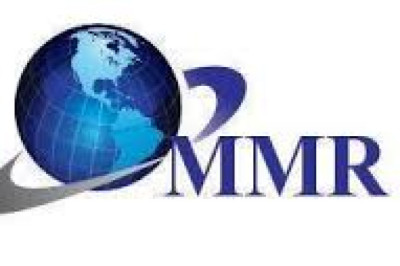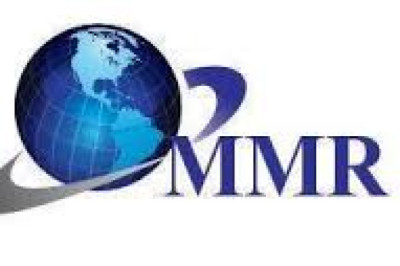views
Introduction
Transparency and accountability are crucial in today's global financial environment. The Legal Entity identification (LEI) is a unique identification that has been established to enable safe and efficient financial transactions.
Tracking and recognizing legal entities involved in financial operations is made easier with the use of the LEI. It is important because it improves risk mitigation, transparency, and regulatory control. We will look at the idea of the LEI in this post, as well as the procedure for updating this essential identifier to guarantee the precision and applicability of entity data.
What is (LEI)?
The Legal Entity Identifier (LEI) is an internationally recognized identification number that is intended to uniquely identify legal entities participating in financial transactions. In response to the 2008 financial crisis, it was implemented to address the need for improved risk management and transparency in the financial sector.
The Global Legal Entity Identifier Foundation (GLEIF) is in charge of the LEI system, which is run by licensed Local Operating Units (LOUs) all over the world. Every LEI is composed of a 20-character alphanumeric code that is attached to the entity for the duration of its life.
For legal entities, it functions as a digital passport, allowing precise identification across borders and streamlining regulatory reporting and oversight. An entity's legal name, registered address, ownership structure, and other pertinent information are among the crucial elements that are captured by the LEI.
How to Renewal Your LEI?
Although renewing your Legal Entity Identifier is a simple procedure, it is important to know what actions to take. The LEI is typically renewed annually, however certain jurisdictions may have alternative deadlines. Updating the LEI record with any updated entity information, confirming the accuracy of the current data, and paying the renewal price are normally part of the renewal procedure.
How does one renew their Legal Entity Identifier?
Procedures for Updating Your Legal Entity Number Step-by-Step:
Examine the information on your LEI: Examine the data that is currently available for your LEI first. Verify the accuracy and timeliness of all the information, including the legal name, address, and ownership structure. If adjustments are required, collect the pertinent records to back up the changes.
Get in touch with your LOU (local operating unit): Contact the Local Operating Unit that issued your LEI, if it is approved. LOUs are in charge of conducting the renewal procedures and maintaining the LEI data. They will walk you through the particular steps and criteria needed to renew your LEI.
Update your LEI record: Update your LEI record as needed, making sure to include any modifications to your entity's legal name, mailing address, or ownership details. Make sure that any changes are backed up by the proper records, such as registration papers or legal certifications.
Check if the data currently in use is accurate: Verify the veracity of the information already available about your LEI, including the organizational structure and industry categorization codes. In the event that disparities are found, collaborate with your LOU to address them and guarantee that the LEI record has accurate data.
Pay the renewal fee: Most issuers charge a fee to cover administrative expenses. The jurisdiction and approved LOU may have an impact on the fee amount. To prevent any lapses in the validity of your LEI, make sure you pay the renewal price within the allotted period.
Conclusion
In order to keep your entity's identity in the international financial system accurate, trustworthy, and credible, you must renew your Legal Entity Identifier. By following the renewal procedure and maintaining an up-to-date LEI, you help ensure that financial transactions are stable and transparent. Recall to periodically check your LEI details, get advice from your approved Local Operating Unit, update your LEI record with any required modifications, confirm the correctness of current data, and pay the renewal charge. By taking these precautions, you make sure that financial institutions, authorities, and possible business partners continue to view your organization as reliable and compliant.











